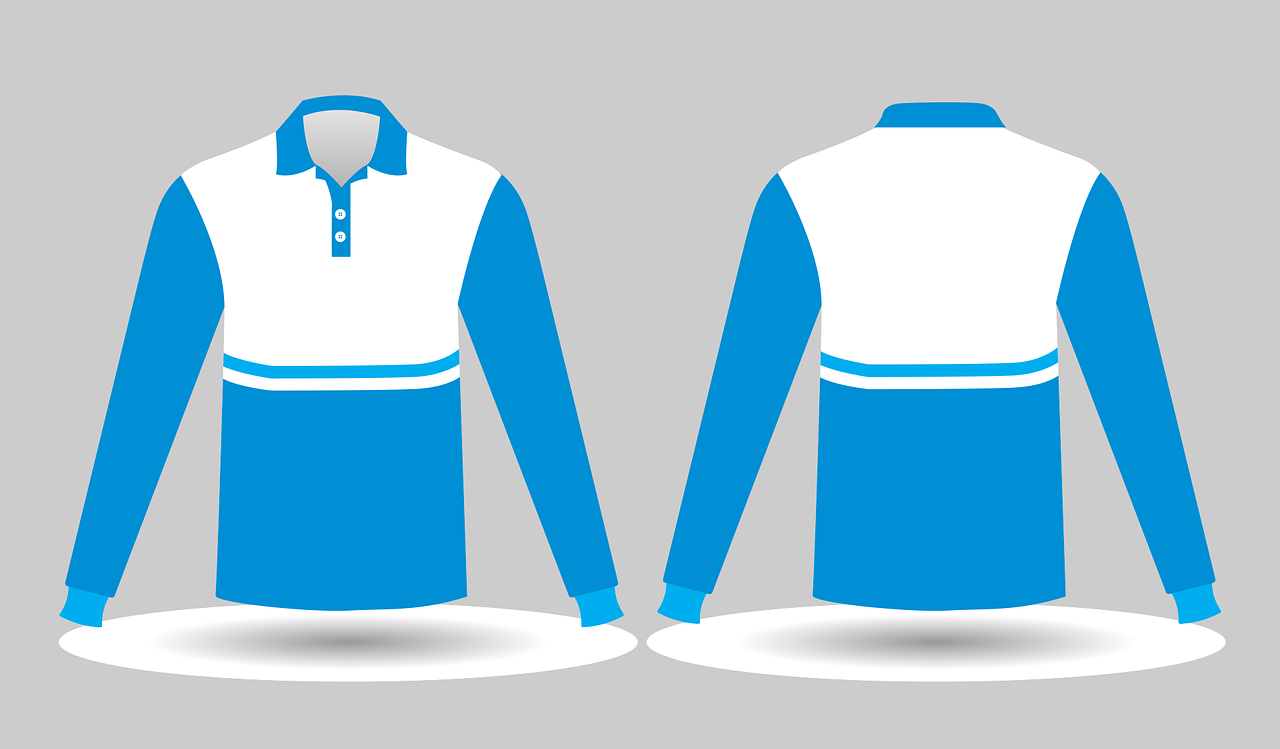Home Blogs Hosting How Is Custom Software Useful in Manufacturing Suiting and Shirting
Posted By: Shriji Solutions
03 March, 2025

In the textile industry, especially in the manufacturing of suiting and shirting, efficiency, accuracy and innovation are important to remain competitive. The industry faces many challenges including fluctuating demand, quality control, inventory management and production efficiency. Custom software solutions provide manufacturers tailored tools that streamline operations, increase quality and optimize production costs.
In this article, we'll explore how custom software plays an important role in suiting and shirting manufacturing and why investing in it can have significant benefits.
1. Streamline Production Planning and Scheduling
One of the biggest challenges in textile manufacturing is production planning and scheduling. Custom software helps automate and optimize these processes by analyzing data from various production units and providing real-time information.
Benefits:
- Better Workflow: Custom software helps to efficiently allocate resources, minimize downtime, and optimize machine utilization.
- Automatic Scheduling: It creates schedules based on demand forecasts, minimizing last-minute changes and disruptions.
- real time monitoring: Managers can track production progress and make immediate adjustments to meet deadlines.
2. Advanced Inventory Management
It is important to manage inventory efficiently to prevent excess raw materials or shortages that could halt production. Custom software provides real-time inventory tracking and automated stock replenishment.
Benefits:
- smart Buy: The system can suggest optimal raw material purchase quantities based on historical data.
- Less wastage: By tracking fabric usage, manufacturers can reduce material wastage.
- Integration with suppliers: Automated ordering from suppliers ensures that raw materials are always available when needed.
3. Accuracy In Fabric Cutting and Design
In suiting and shirting manufacturing, accurate cutting of fabrics is critical to reducing waste and ensuring high quality apparel. Custom software integrates with computer-aided design (CAD) and computer-aided manufacturing (CAM) systems for optimal results.
Benefits:
- Precise cutting pattern: Reduces fabric wastage and improves consistency in fabric cutting.
- Customization for customers: Enables manufacturers to create unique patterns based on customer preferences.
- Integration with production lines: CAD/CAM software ensures seamless communication between design and production teams.
4. Quality Control and Defect Detection
It is important to maintain high quality standards in the textile industry. Custom software can be integrated with AI-powered visual inspection systems to detect defects in clothing early in the production process.
Benefits:
- Automatic Quality Check: Reduces human errors and ensures consistent fabric quality.
- Early fault detection: Identifies issues such as color discrepancies, weaving defects, or sewing errors before the final production stage.
- Data Analysis for Improvement: Tracks recurring defects and suggests improvements in manufacturing processes.
5. Order Management and Customization
Modern customers demand personalized products. Custom software solutions allow manufacturers to efficiently handle custom orders, from design modifications to bulk production.
Benefits:
- Flexible Customization: Allows customers to choose patterns, fabrics and sewing details online.
- Real Time Order Tracking: Customers and suppliers can track order progress in real time.
- Automated Billing and Documentation: Prepares invoices and necessary paperwork, reducing manual workload.
6. Supply Chain Optimization
Managing the supply chain effectively ensures that raw materials, work-in-progress products, and finished goods are delivered on time. Custom software streamlines supply chain operations by connecting manufacturers with suppliers and distributors.
Benefits:
- Optimized Logistics: Reduces lead times by suggesting the best transportation routes.
- Supplier Performance Tracking: Monitors supplier delivery efficiency and quality consistency.
- Cost Reduction: Identifies areas where expenses can be reduced without compromising product quality.
7. Employee Productivity and Workforce Management
Efficient workforce management is essential to maintain smooth operations. Custom software can help track employee performance, work schedules, and productivity metrics.
Benefits:
- Automated Attendance and Payroll: Reduces manual errors in payroll calculations.
- Training and Skill Development: Identifies areas where workers need training and recommends learning programs.
- Performance Analysis: Provides insight into worker efficiency, helping improve resource allocation and productivity.
8. Energy Management and Sustainability
Energy consumption is a major cost factor in textile manufacturing. Custom software solutions monitor energy use and suggest ways to reduce waste and improve sustainability efforts.
Benefits:
- Real-time energy tracking: Helps identify areas of excessive energy consumption.
- Automatic Equipment Control: Adjusts power usage based on real-time requirements.
- Stability Compliance: Ensures adherence to environmental regulations and sustainability goals.
9. Integration With E-Commerce and Digital Selling Platforms
With the rise of online shopping, suiting and shirting manufacturers have to integrate their operations with e-commerce platforms. Custom software ensures seamless order processing and digital catalog management.
Benefits:
- Automated Order Processing: Reduces manual work and improves the speed of order fulfillment.
- dynamic pricing: Adjusts prices based on demand, inventory levels and market trends.
- Customer Insights: Analyzes customer preferences to improve future product offerings.
10. Data-Driven Decision Making and Business Intelligence
Data is the backbone of modern business operations. Custom software can generate reports, analyze trends and provide valuable insights for strategic decision making.
Benefits:
- trend analysis: Identifies best-selling patterns, peak demand seasons and market preferences.
- predictive analytics: Helps manufacturers to forecast future production requirements.
- Real Time Dashboard: Provides a visual representation of key performance indicators (KPIs).
Conclusion
The manufacturing of suiting and shirting is a complex process that requires precision, efficiency and adaptability. Custom software solutions provide customized tools that help manufacturers optimize production, manage resources, improve quality control, and streamline supply chain operations. By investing in such software, textile businesses can achieve higher efficiency, reduce costs and provide better products that meet customer demands.
For apparel manufacturers looking to stay ahead of the competition, integrating custom software isn't just an option – it's a necessity. By leveraging technology, businesses can enhance their operations and ensure continued growth in the ever-evolving fashion industry.
If you are looking for a custom software solution to suit your textile manufacturing needs, Shriji Solutions Can help. With expertise in developing industry-specific software, we provide innovative solutions to optimize your production, improve efficiency and boost business success.

